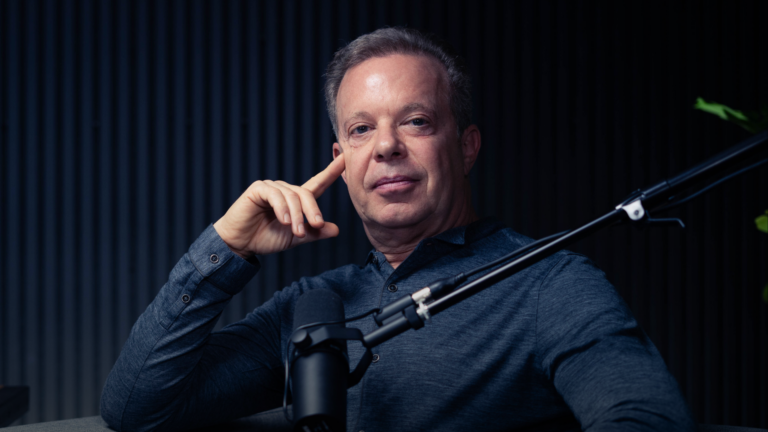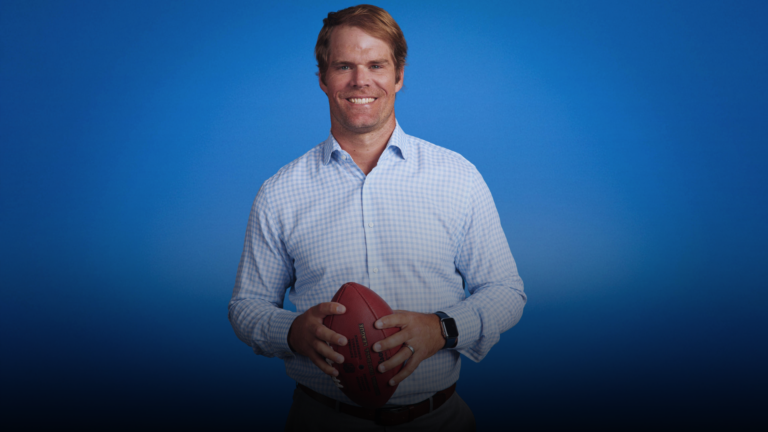This conversation with Dr. Albert Bandura was an honor.
He’s literally a living legend in the field of Psychology. He’s an extraordinarily innovative scholar whose work in social cognitive theory has become an incredible resource in academics for practitioners dedicated to human excellence.
His theories are at the core of the pillars I work from with elite teams, athletes, and performers. It was a complete joy to learn from him in this conversation, after I’ve spent so many years learning from him via research articles.
His research changed our understanding of human learning — how modeling and interactions impact learning – and how we can become more powerful as humans, in a variety of circumstances. He laid the theoretical foundation for understanding the self-regulatory mechanism for his theory on human agency.
Human Agency is defined as the human capability to exert influence over one’s functioning and the course of events by one’s actions.
Albert’s “Theory of Agency” has 3 elements. 1st, you have to project yourself into the future to have something to work toward. 2nd, is self-regulation, the extent that you can regulate your thoughts, emotions and behavior. The 3rd is self-reflection, to what extent you can judge your capabilities (also known as self-efficacy). Self-efficacy theory is at the center of much of my work with professional athletes and performers.
While this might not sound novel now, this was a radical idea when he first introduced the concept that: Human beings are not just reacting to influences, they have the capacity to shape the course of their lives.
Dr. Bandura pushed against conventional wisdom by introducing the notion that our thinking influences our behavior, our behavior influences our environment and our environment influences how we view the world and ourselves.
Dr. Bandura is game-changer — a significant contributor to the betterment of human life.
“Virtually every innovation that has touched our lives has been repeatedly rejected. Reasonable people adapt to the world, unreasonable ones try to change it. Human progress depends on the unreasonable ones.”
In This Episode:
- How fortuitous events shape our lives
- Putting your self in the right situations to capture opportunities
- How to properly set a vision
- The difference between proximal and distal goals and why they both matter
- Projecting to the future vs. outcome expectations
- Focusing on the task instead vs. being self-centered
- Why we react differently in those fight or flight moments
- Theory of Agency and how it impacts confidence
- How the 4 components of self-efficacy impacts your future
- The relationship between morality and behavior
- Why all incredible ideas and creators have consistently dealt with rejection



